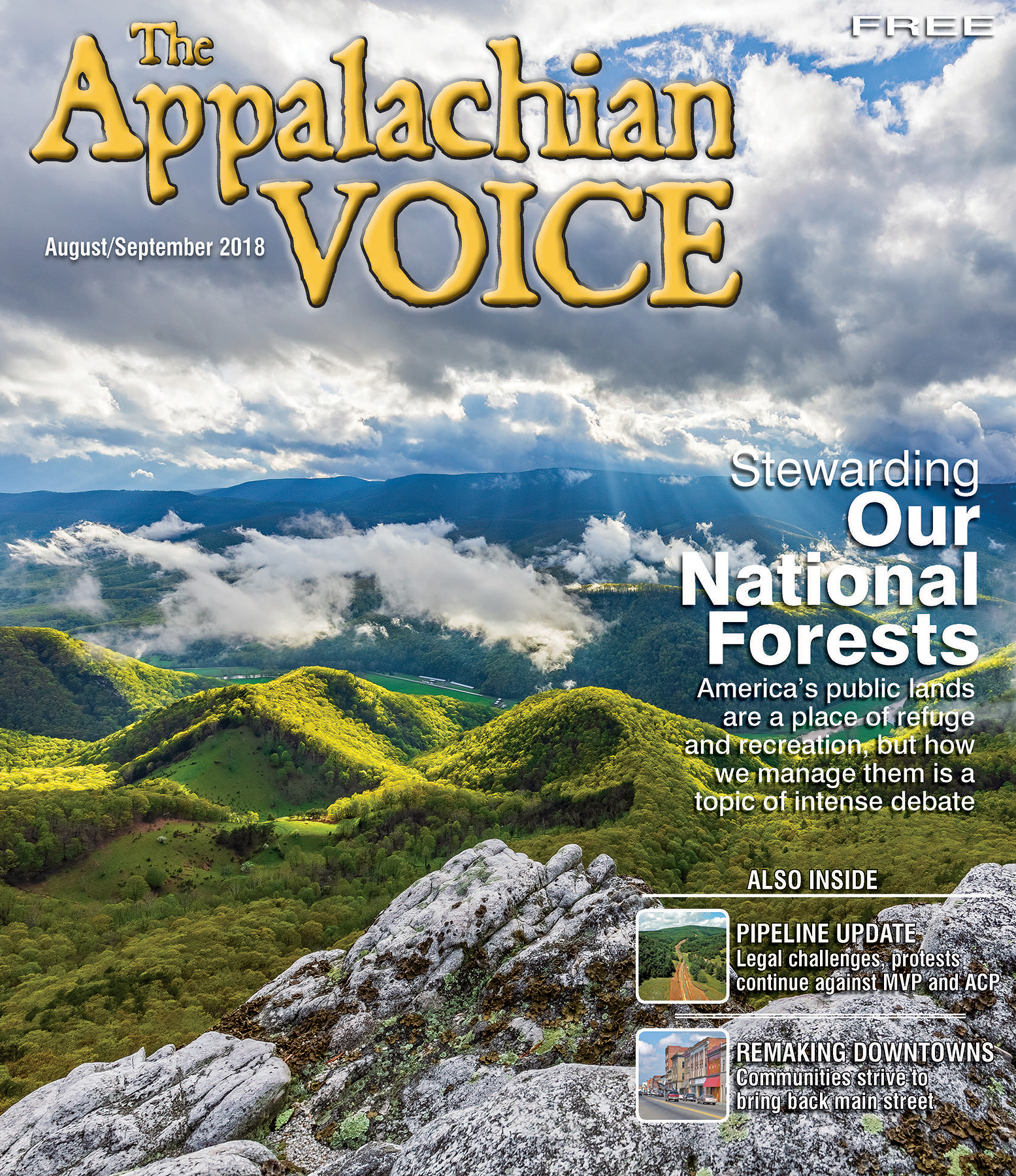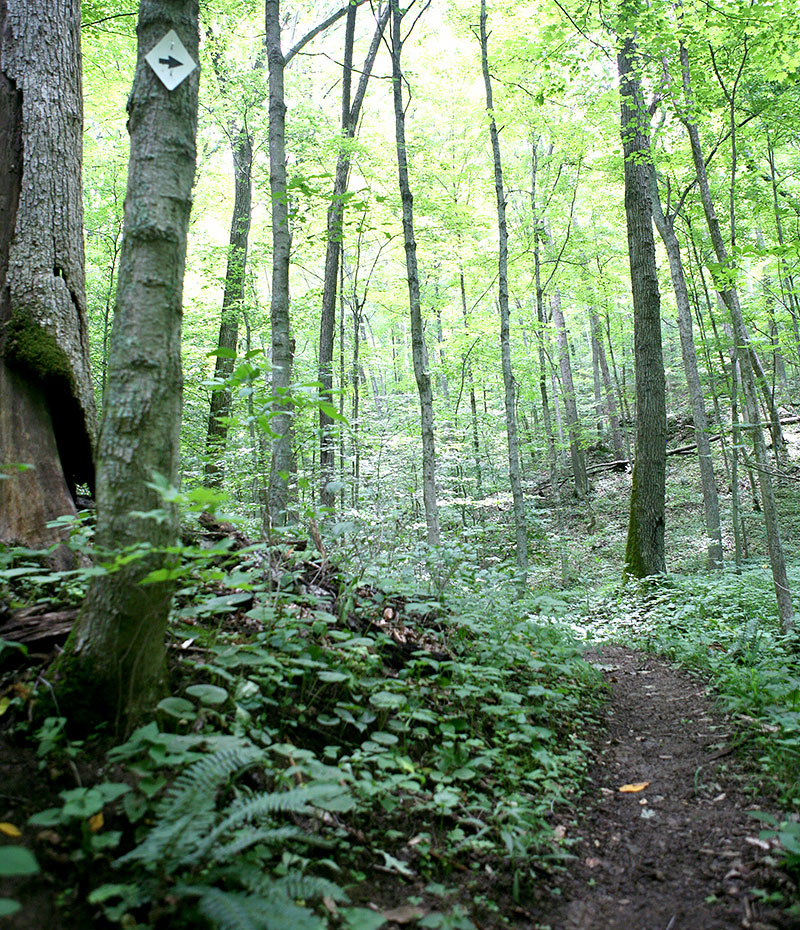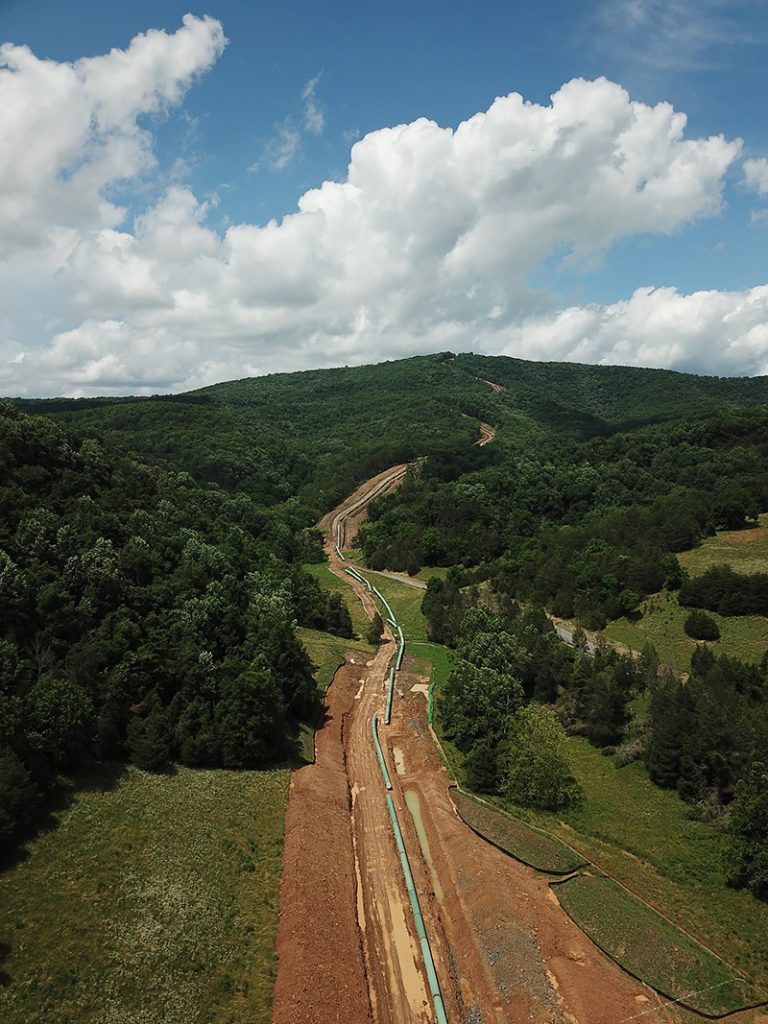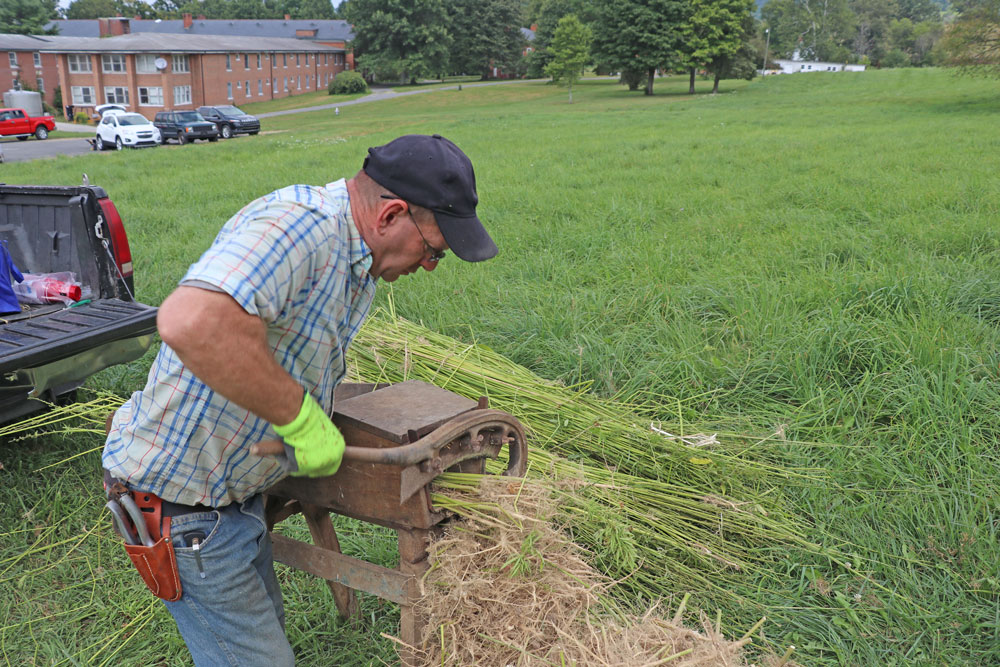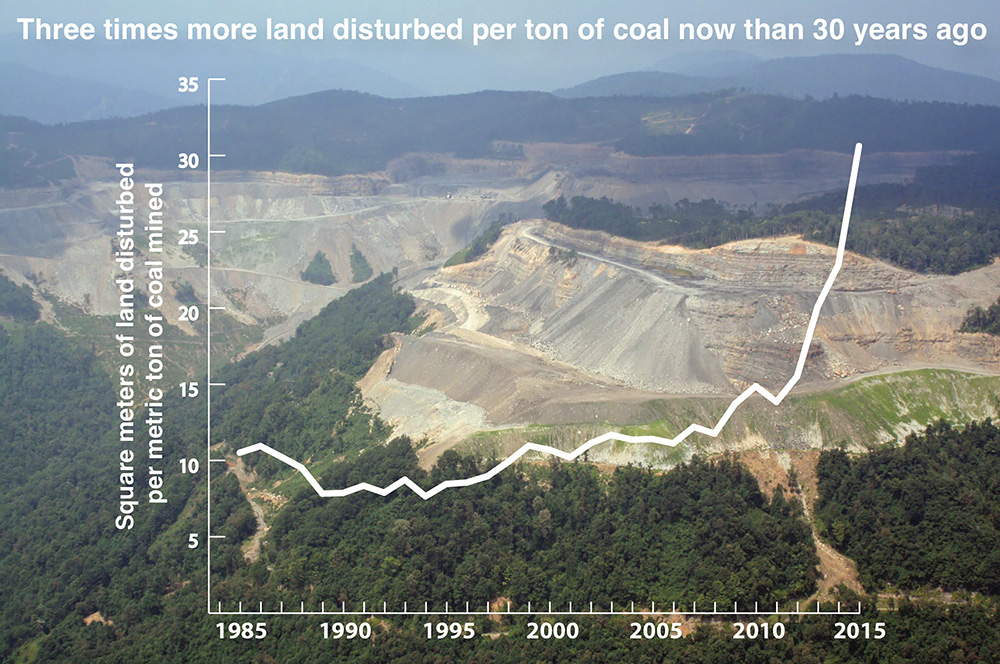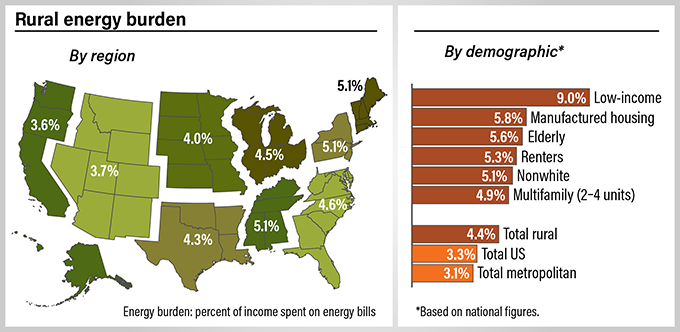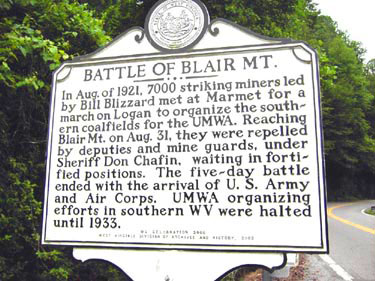August/Sept 2018 - Features
The 11 national forests in Central and Southern Appalachia offer us respite and recreation, and provide refuge for the natural world. Yet national forests are complex, and these public lands are often simultaneously home to significant logging projects and mineral extraction.
The U.S. Forest Service is tasked with determining the needs of recreational visitors, hunters, anglers, various industries and at-risk species and ecosystems. Impassioned forest-lovers may disagree about how well the agency is doing, especially given its complex charter and budget constraints. But because national forests belong to all of us, we have an opportunity to shape their direction.
Stewarding Our National Forests
America’s public lands are a place of refuge and recreation, but how we manage them is a topic of intense debate
Stewarding Our Forests Introduction
Public Forest Hidden Treasures
Logging and Prescribed Burns: Healthy or Harmful?
Groups Aim to Reshape Nantahala-Pisgah Plan
Q&A with Nantahala-Pisgah Plan Stakeholders
Where Does Your Forest Stand with the Plan?
The Clinch Coalition Celebrates 20 Years
A Journey Through the Daniel Boone National Forest
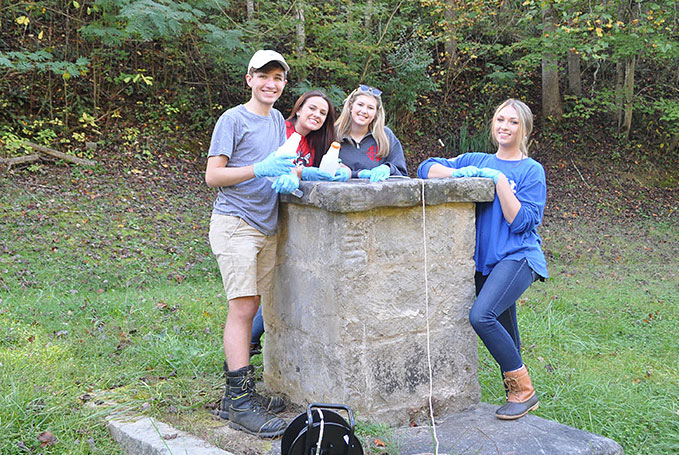
Hands-on Education in Central Appalachia
Youth in Southwest Virginia and Eastern Kentucky are participating in projects that foster science and technical skills through interesting projects like building tiny homes, testing water quality and developing satellites.
Featured Stories
Mountain Valley and Atlantic Coast Pipeline Challenges Continue
A slew of legal challenges and protestors has suspended construction on the Mountain Valley and Atlantic Coast pipelines.
Hemp and Medical Cannabis Make Joint Gains
Industrial hemp could soon be legalized nationally under the 2018 Farm Bill, and Virginia could soon have up to five medical cannabis oil dispensaries in the state.
Remaking Downtowns
Communities across Appalachia are striving to bring new energy to downtowns that have suffered from population decline or the loss of once-dominant industries.
August/Sept 2018 - Columns
Member Spotlight
Safeguarding our shared natural heritage
Our executive director shares his thoughts on protecting our shared lands and waters in the face of powerful industry.
New Study Maps Increase in Land Disturbed by Coal Mining
A new study shows that surface mining has cleared 1.5 million acres of land between 1976 and 2015, and also showed a drastic increase in the ratio of land cleared to tonnage of coal produced over the last three decades.
Powell Valley Electric Co-op Members Raise Their Voices
Members of Powell Valley Electric Cooperative have launched a campaign to make their cooperative more transparent, accountable and responsive to the needs of its communities. The group has three candidates running for board seats and submitted a bylaw amendment.
Politics
Reauthorization of Mine Lands Program Advances
The U.S. House of Representatives passed a bill that would renew funding for restoring abandoned coal mine sites — but it would also limit a wide swath of environmental protections.
Environmental Votetracker — Aug/Sept 2018 issue
Chart showing how Appalachian legislators voted on recent environmental legislation.
Endangered Species Act Threatened
New guidelines from the Trump Administration alongside a congressional package of nine bills would bring massive changes to the Endangered Species Act.
Across Appalachia
Clinch-Powell Clean Rivers Initiative Extended
State and federal agencies will continue working together to protect and restore the Clinch-Powell watershed in Tennessee and Virginia over the next 10 years.
Students Uncover Slave Artifacts at Poplar Forest Plantation
Plates, smoking pipes and more that belonged to enslaved people have been unearthed at Thomas Jefferson’s Bedford County, Va., plantation.
Swain County to Receive $35.2 Million for “Road to Nowhere”
Swain County, N.C., is receiving a $35.2 million settlement for an incomplete road the federal government started in 1943.
Energy Report
Rural Residents Face Greater Energy Costs than National Average
A new report found that rural households spend much more on energy costs than urban households and that some groups such as renters, elderly residents and non-white residents are hit particularly hard.
Blair Mountain Returns to National Register of Historic Places
The site of West Virginia’s Blair Mountain labor conflict between coal miners and law enforcement was placed back on the National Register of Historic Places after a federal judge ruled its delisting to be unlawful.
Black Lung Disease Surges as Support for Miners Dwindles
A recent study shows that black lung disease in Appalachian coal miners is at a 25-year high — but federal taxes on coal companies that help compensate affected miners are set to expire next year.


